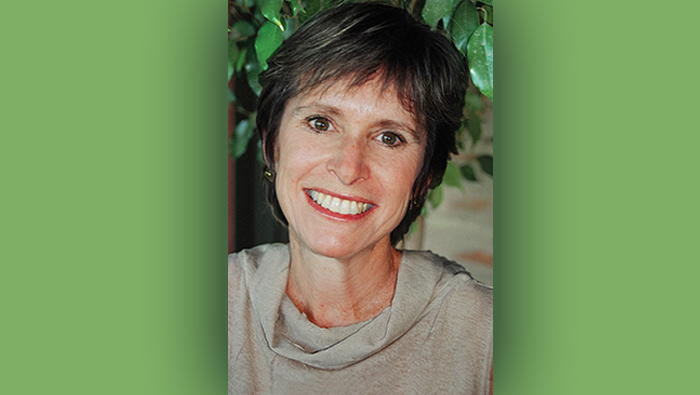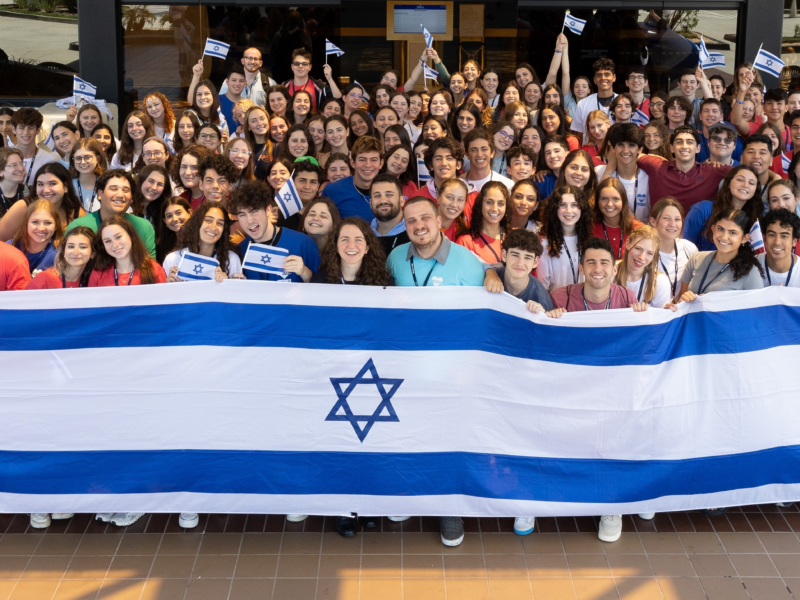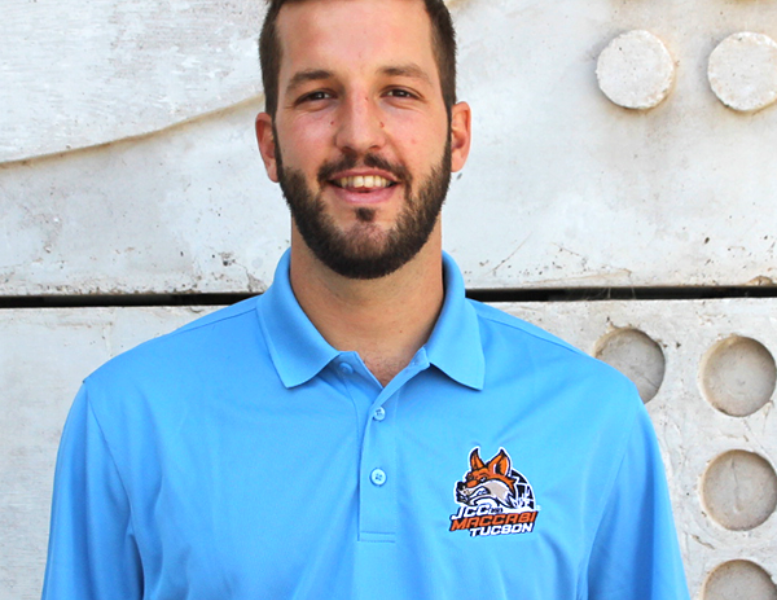When my daughter Lauren was in kindergarten, her class took a trip to our local zoo to learn about animals. The children were treated to two beautiful, slightly unusual sights that morning: A newborn lion cub lay curled up sleeping next to its mother and an elephant named Sammie was breastfeeding her baby. When I picked Lauren up after school, she talked nonstop about these two baby animals and the mothers who cared for them. My mommy radar went into high alert and I felt the inevitability of her question coming toward me like a heat-seeking missile.
I let out a deep breath, feeling both anxious and somewhat prepared, since I had preemptively bought a copy of Peter Mayle’s book, Where Did I Come From? to have the politically correct, age-appropriate answer in my back pocket when she asked.
The truth-seeker in me felt obligated to answer the question of where babies come from with scientific facts, which included words like sperm, egg and embryo. But the moment my not-yet-6-year-old daughter asked the question, I realized I could take the conversation in another direction and still give her a legitimate answer.
So I talked about the beauty of love between two people and how sometimes that love expands to include the miracle of creating a baby together. And that it’s a big commitment and you have to decide that you will take care of that baby and learn all the things you need to know to be a good mommy or daddy – even if you are a lion or an elephant.
My answer seemed to satisfy her for a few days, until she handed me the copy of Where Did I Come From? and asked if we could read it together. Obviously, someone in her kindergarten class had offered her a different answer from mine.
It’s totally natural for a child to wonder and ask about her origin. Yet while “Where do I come from?” is a simple question to ask, it is a very difficult, complex and multifaceted question to answer.
Taking it to another level, we can see a similar complexity manifested in today’s conversations and disputes about the origins of the universe. While some will insist that the Genesis version of the creation story is truth versus theological metaphor, others maintain that evolution is the only credible scientific theory.
The controversy over whether it is constitutional to teach the theory of creationism or intelligent design was resolved in 2005 with Kitzmiller v. Dover Area School District, the federal court case where the U.S. Supreme Court ruled such teachings unconstitutional in violation of the Establishment Clause of the U.S. Constitution. Nonetheless, intelligent design remains part of the curriculum in many schools today.
Religion and science are often viewed as adversaries, competing for the hierarchy of truth. But in reality, science owes a lot to the ideas that were born from religious questioning. Modern science began with the old Greek idea that nature is rationally intelligible, but it also incorporated another important idea about the unity of the cosmos. The universe was seen as a single system ruled by a single set of laws – an idea which originated from the belief in the existence of one God.
Judaism deserves a big shoutout for its approach to and acceptance of the relevancy of science. The Talmud often interpreted science, particularly astronomical calculations, as manifestations of divine truth. Maimonides, one of the greatest medieval rabbis and scholars, was a physician and scientist who drew from scientific knowledge and factored that into halachah (Jewish law).
I don’t pretend to understand the origins of the cosmos any more than I understand the origins of the divine. But what I do understand is that it is possible to hold inconsistent yet reconcilable ideas when we attempt to understand Jewish wisdom and biblical texts. This idea – that a single biblical verse can convey many teachings or that multiple interpretations of a verse can be correct, even if they contradict one another – is not new.
Our sages taught us wisely when they wrote that there are 70 faces (facets) to Torah and that “these and these are the words of the living God.”
Amy Hirshberg Lederman has written more than 300 columns and essays that have been published nationwide. amyhirshberglederman.com






